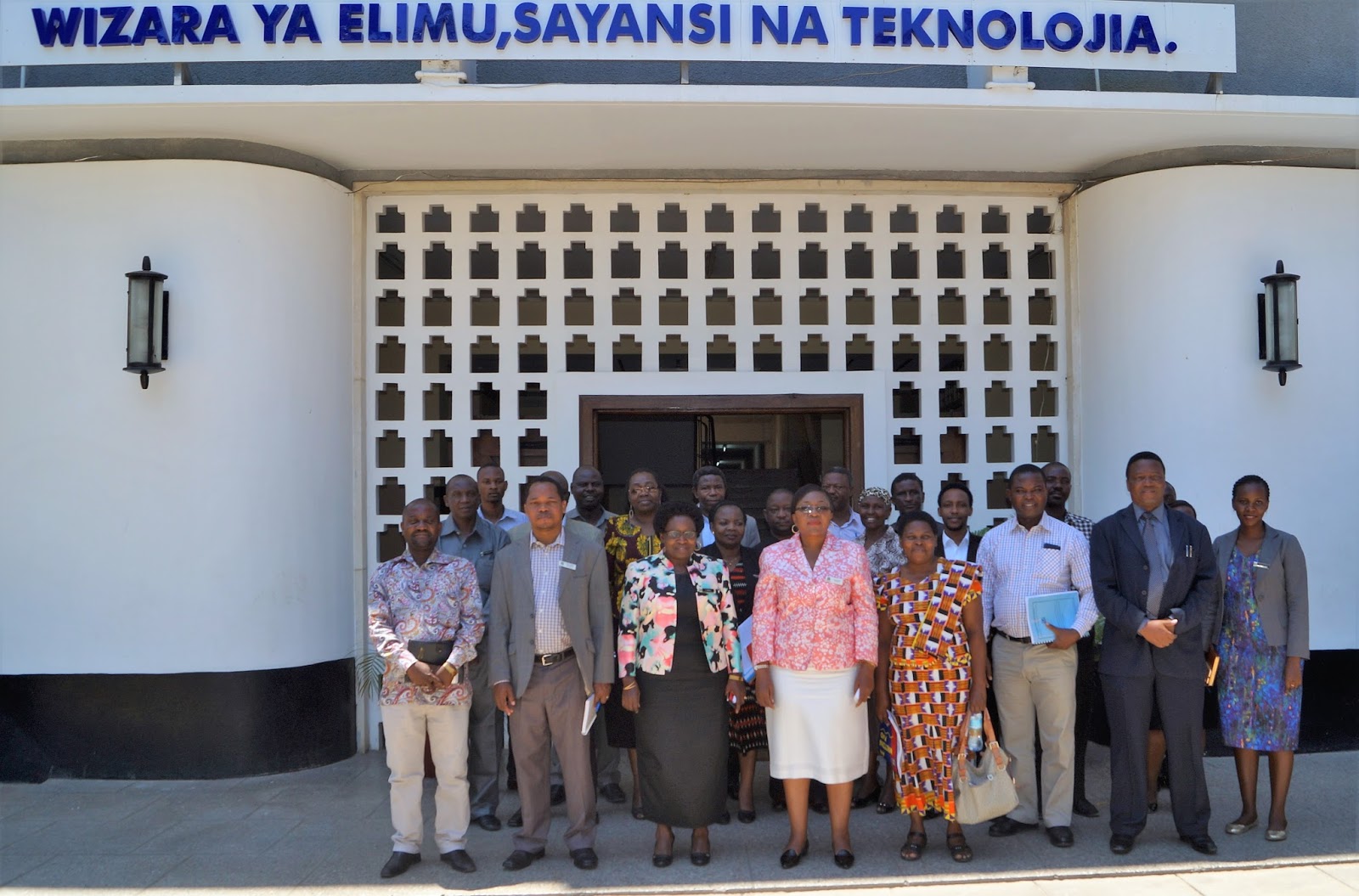
Engineering education in Tanzania is undergoing a transformative evolution, positioning itself as a cornerstone for national development and innovation.
With a focus on equipping students with cutting-edge skills, fostering creativity, and nurturing leadership, engineering programs across Tanzanian institutions are playing a pivotal role in shaping the next generation of innovators and leaders.
Modernizing Curricula to Meet Global Standards
Tanzanian engineering programs are aligning their curricula with international benchmarks to produce graduates who can compete globally. Universities such as the University of Dar es Salaam (UDSM) and Ardhi University have revamped their courses to integrate modern technologies, including artificial intelligence, robotics, and renewable energy systems.
These updates ensure that students not only grasp theoretical concepts but also gain hands-on experience in solving real-world challenges. By collaborating with international academic institutions, Tanzanian universities are also introducing interdisciplinary programs that combine engineering with fields like environmental science, business, and health.
Investing in World-Class Facilities
State-of-the-art infrastructure is essential for a robust engineering education, and Tanzanian institutions are rising to the challenge. Laboratories and workshops are being upgraded with advanced equipment, enabling students to engage in practical experiments and innovative projects.
Institutions like the Nelson Mandela African Institution of Science and Technology (NM-AIST) boast high-tech facilities that support research in areas such as nanotechnology, biotechnology, and sustainable energy. These investments are critical for preparing students to address complex engineering problems both locally and globally.
Fostering Leadership and Innovation
Beyond technical expertise, Tanzanian engineering programs emphasize leadership and innovation. Students are encouraged to participate in competitions, hackathons, and innovation challenges that nurture problem-solving skills and entrepreneurial thinking.
Initiatives such as the Tanzania Engineering Student Innovation Program (TESIP) provide platforms for students to showcase their ideas, collaborate with industry leaders, and secure funding for their projects. These opportunities not only build confidence but also prepare students to lead transformative changes in their respective fields.
Strengthening Industry Partnerships
Collaboration between academia and industry is a cornerstone of Tanzania’s engineering education reforms. Universities are forging partnerships with leading companies in sectors such as energy, construction, and telecommunication.
Through internships, mentorship programs, and collaborative projects, students gain invaluable exposure to industry practices. Companies such as Tanzania Electric Supply Company (TANESCO) and Vodacom Tanzania have been instrumental in providing students with real-world experience, ensuring they graduate with skills that meet market demands.
Promoting Inclusivity in Engineering
Recognizing the need for diversity, Tanzanian engineering programs are actively working to increase participation from underrepresented groups, particularly women. Scholarships, mentorship programs, and awareness campaigns are encouraging more young women to pursue engineering careers.
Initiatives like “Women in Engineering Tanzania” highlight the achievements of female engineers, inspiring the next generation to break barriers and contribute to the field.
Driving Research and Development
Research is a critical component of engineering education in Tanzania. Universities are establishing innovation hubs and research centers that focus on solving local challenges, such as water scarcity, renewable energy adoption, and infrastructure development.
Government grants and international funding have boosted research efforts, enabling students and faculty to work on groundbreaking projects that have the potential to transform communities.
Conclusion
Tanzania’s engineering programs are at the forefront of shaping the nation’s future innovators and leaders. By modernizing curricula, investing in infrastructure, fostering innovation, and promoting inclusivity, these programs are creating a generation of skilled professionals equipped to drive progress and development.
Related articles
- Discover Tanzania University Semester Two Exam Timetable Today
- 10 Proven Strategies to Ace Your Semester One Exams in Tanzania
- The Ultimate Guide to Scoring High in Semester One Exams at Tanzanian Universities
- Semester One Exam Schedule for Tanzanian Universities: Key Dates and Updates
- UDSM Announces Research Scholarships for Climate-Smart Agriculture
- Ministry of Education Denies Changes to Kenya’s University Entry Requirements
- Prof. Carolyne Nombo Opens Key Stakeholders Meeting on Teacher Education
- UDSM-Sida Re-advertises PhD Sponsorship in Marine Sciences
- How Companies in Tanzania Empower Education Through Scholarship Sponsorships


